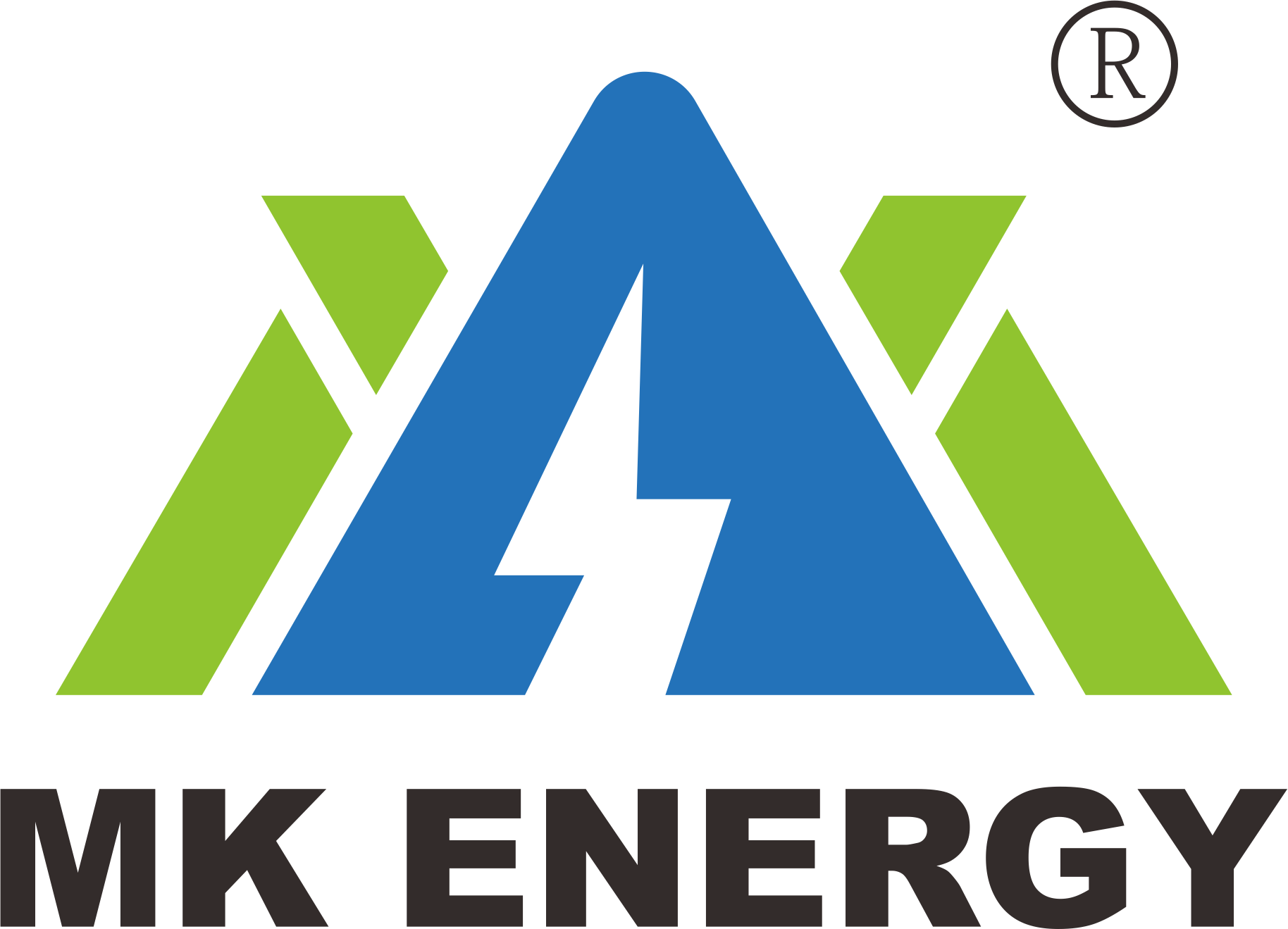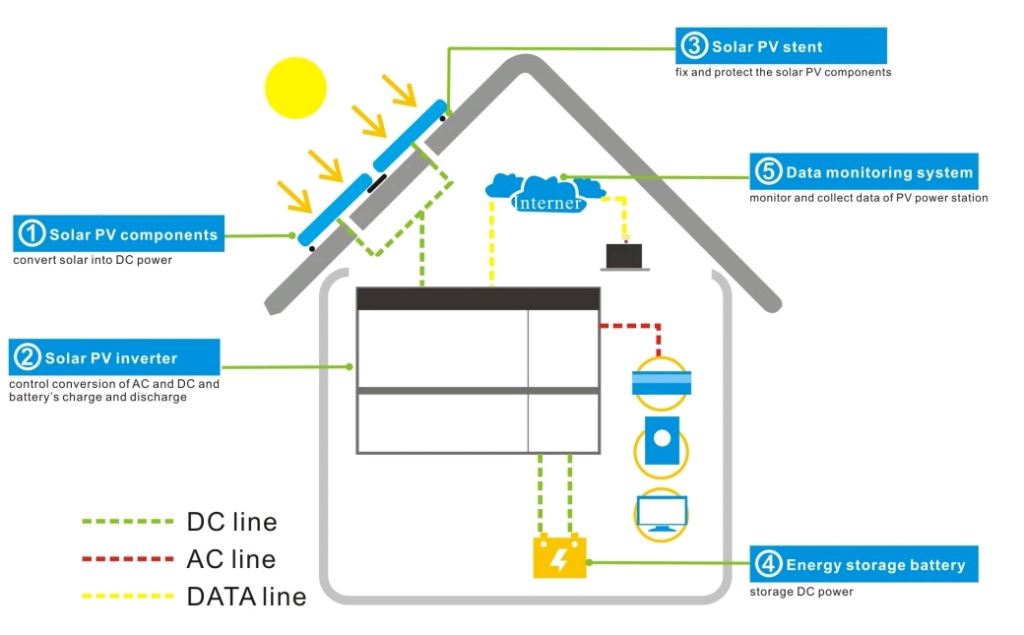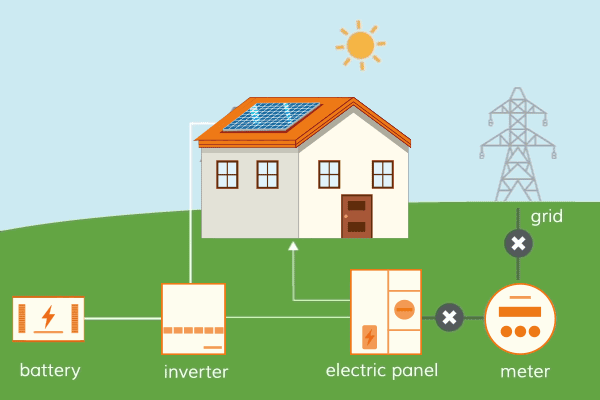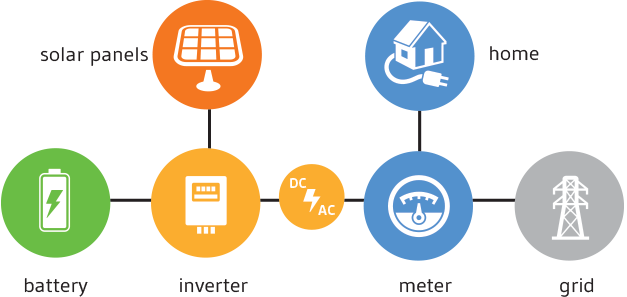As energy costs rise and the demand for sustainable solutions increases, home energy storage systems have gained significant attention. These systems allow homeowners to store energy generated from renewable sources, such as solar panels, for use when needed. This article explores the components, benefits, and considerations of home energy storage systems.
How Home Energy Storage Works
A home energy storage system typically consists of batteries, an inverter, and a control system. The batteries store excess energy produced during the day, particularly from solar panels, while the inverter converts the stored DC energy into AC power for household use. The control system optimizes energy usage and battery performance.
During the day, solar panels generate energy, which can either be used immediately or stored in batteries. When energy demand is high or solar production is low, homeowners can draw from the stored energy, thus avoiding high peak rates. This process not only saves money but also stabilizes energy use.
Benefits of Home Energy Storage
Energy Independence: Home energy storage systems empower homeowners to reduce reliance on the grid, providing autonomy in energy management.
Cost Savings: By storing energy during off-peak hours and using it during peak times, homeowners can save on electricity bills.
Environmental Impact: Utilizing stored renewable energy reduces carbon footprints, contributing to a more sustainable future.
Types of Batteries for Home Energy Storage
Homeowners typically choose between lead-acid and lithium batteries. Lead-acid batteries are cost-effective but have a shorter lifespan and lower energy density. In contrast, lithium batteries offer longer life, higher efficiency, and faster charging times, making them increasingly popular for residential energy storage.
Key Considerations for Homeowners
When selecting a home energy storage system, consider factors such as:
Capacity: The amount of energy the system can store; Efficiency: How well the system converts and utilizes stored energy; Space: The physical space available for installation; Budget: Initial investment vs. long-term savings.
Home energy storage systems present an excellent opportunity for homeowners to enhance energy efficiency, save on costs, and contribute to environmental sustainability. By exploring available options, homeowners can find a system that best meets their energy needs.



